You’ve heard of collagen. No doubt. It comes up in 103% of skincare conversations these days, whether it’s in relation to plumpness or ageing or moisturisation. But just how familiar are you with the ingredient, and what it does for your skin?
Our bodies already produce collagen; it’s a naturally occurring protein used to make and repair connective tissues in the skin (and muscles, bones, hair, literally every component of the body utilises collagen). Think of it like the elastic waistband on your favourite midi skirt, keeping everything tight and smooth and in place. Eventually though, this waistband starts to break down and wrinkle and won’t stay upright as well as it used to.
Proteins, like collagen, are made up of amino acids. Building blocks that link together to create a chain. Shorter versions of these chains are called peptides and longer versions are known as polypeptides (poly meaning many). Collagen is the name given to certain polypeptide structures made up of three strands of polypeptide chains that intertwine with each other. This taut, rope-like form is what gives collagen its strength.

Our collagen supply is finite. So as we age, from about 25 years onwards, that collagen level gradually begins to deplete. With stress and poor diet also being key contributors to your face losing its lustre. You can’t get it back, but you can ensure the products you use on your skin are formulated with ingredients that will promote skin firmness and elasticity.
Now, the collagen you can find within Go-To’s most sophisticated moisturiser yet, the newly launched Very Luxe Face Cream, is a vegan collagen (as opposed to animal byproduct). Using a process similar to brewing beer or making kombucha this collagen is created via biofermentation, which is a process where plant sugars are broken down to produce a bioidentical collagen to what is found in the human body.
There are many different types of ‘collagen aligned’ skincare products because there are multiple forms of collagen (ie. hydrolysed collagen), and ingredients that can support the natural production of this in the body, too: vitamin c promotes collagen production and supports the skin’s natural fullness and elasticity, AHAs help minimise the appearance of fine lines, and of course, SPF because we know UV damage contributes to signs of ageing like sagging and thinning of the skin, dullness, and pigmentation.
It’s never too late to start thinking about your own collagen (or growing lack thereof) and thankfully, we’ve just pointed out a few ways to help protect the remaining levels of elasticity you do have.





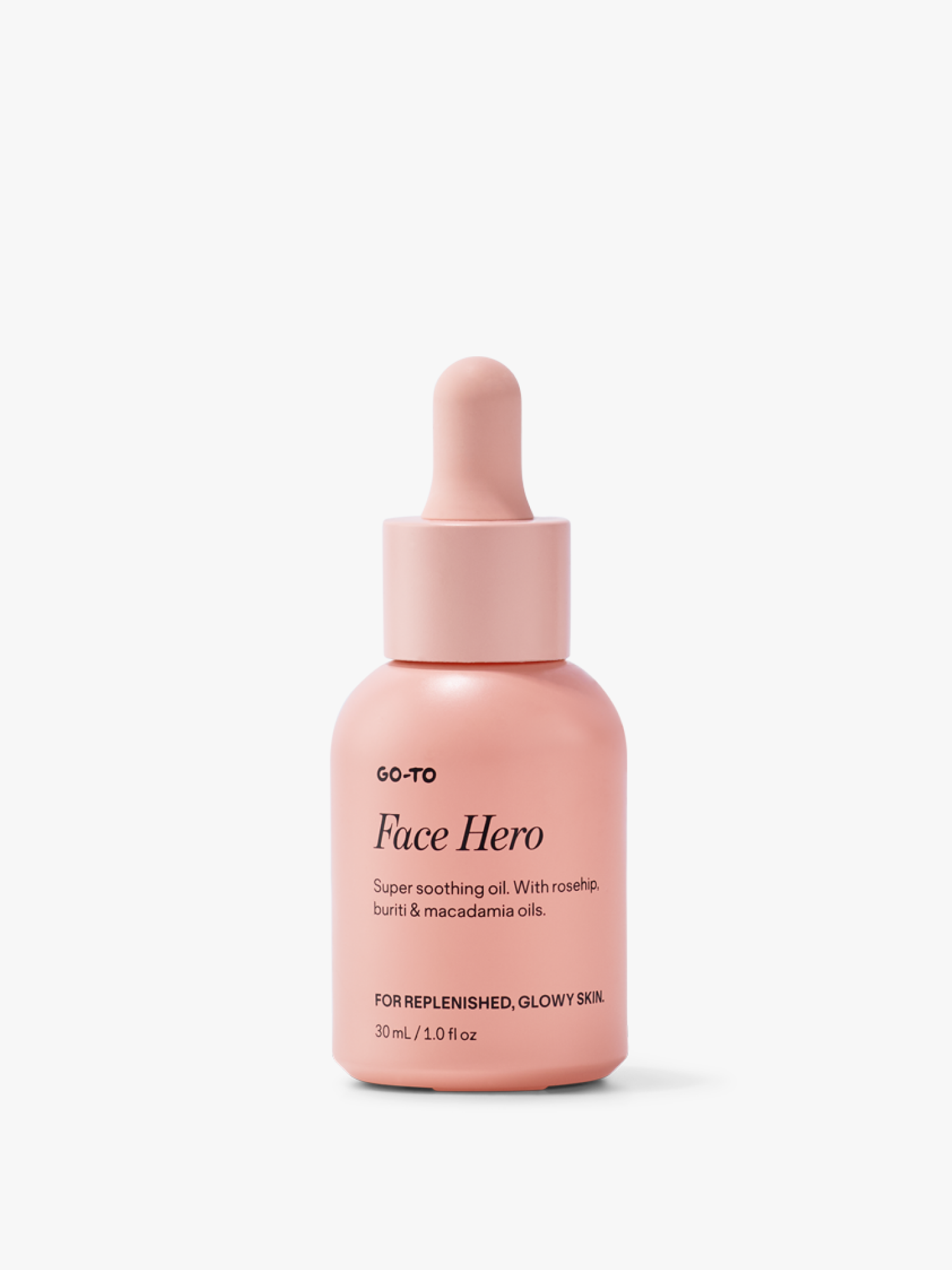
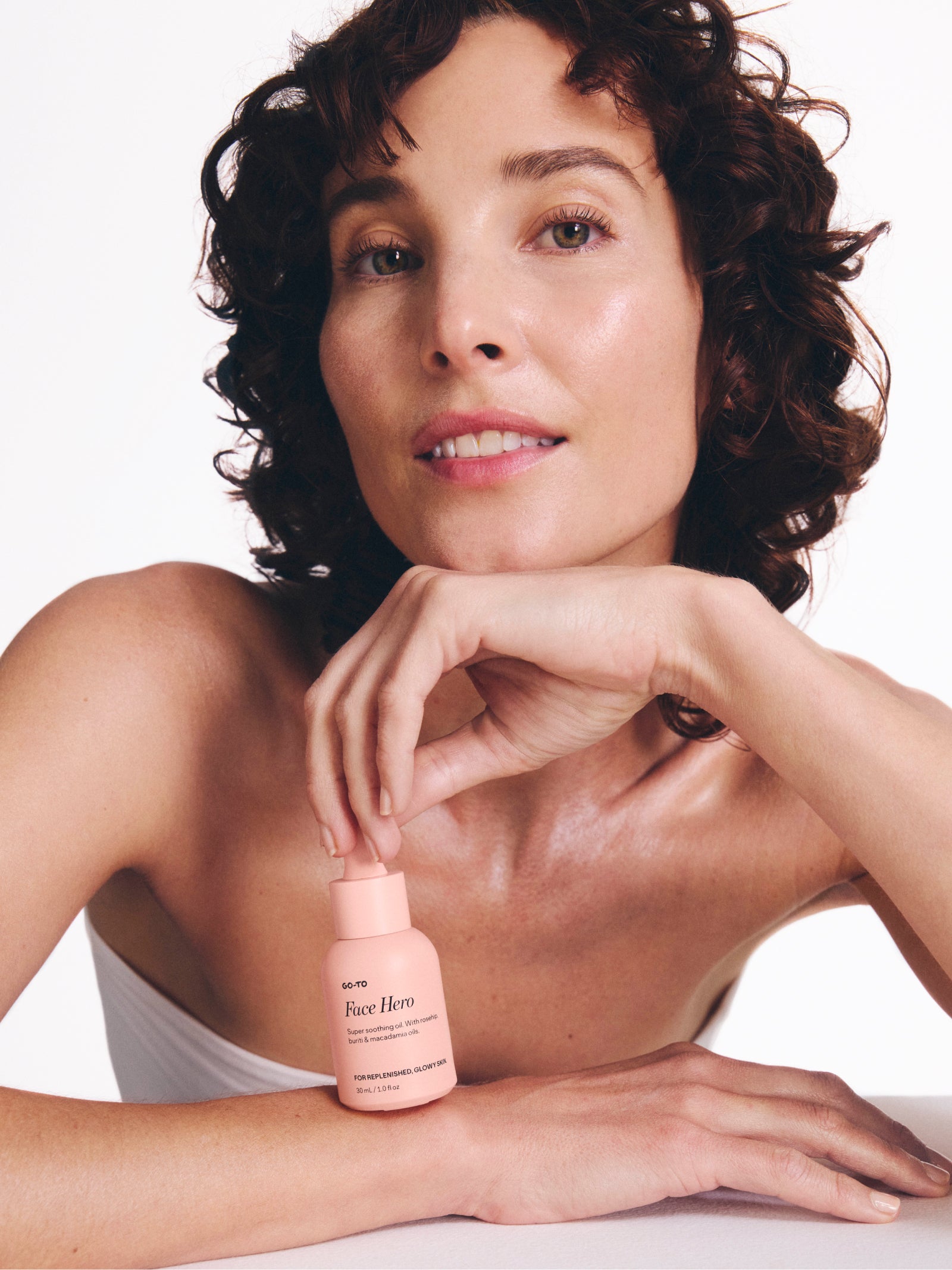
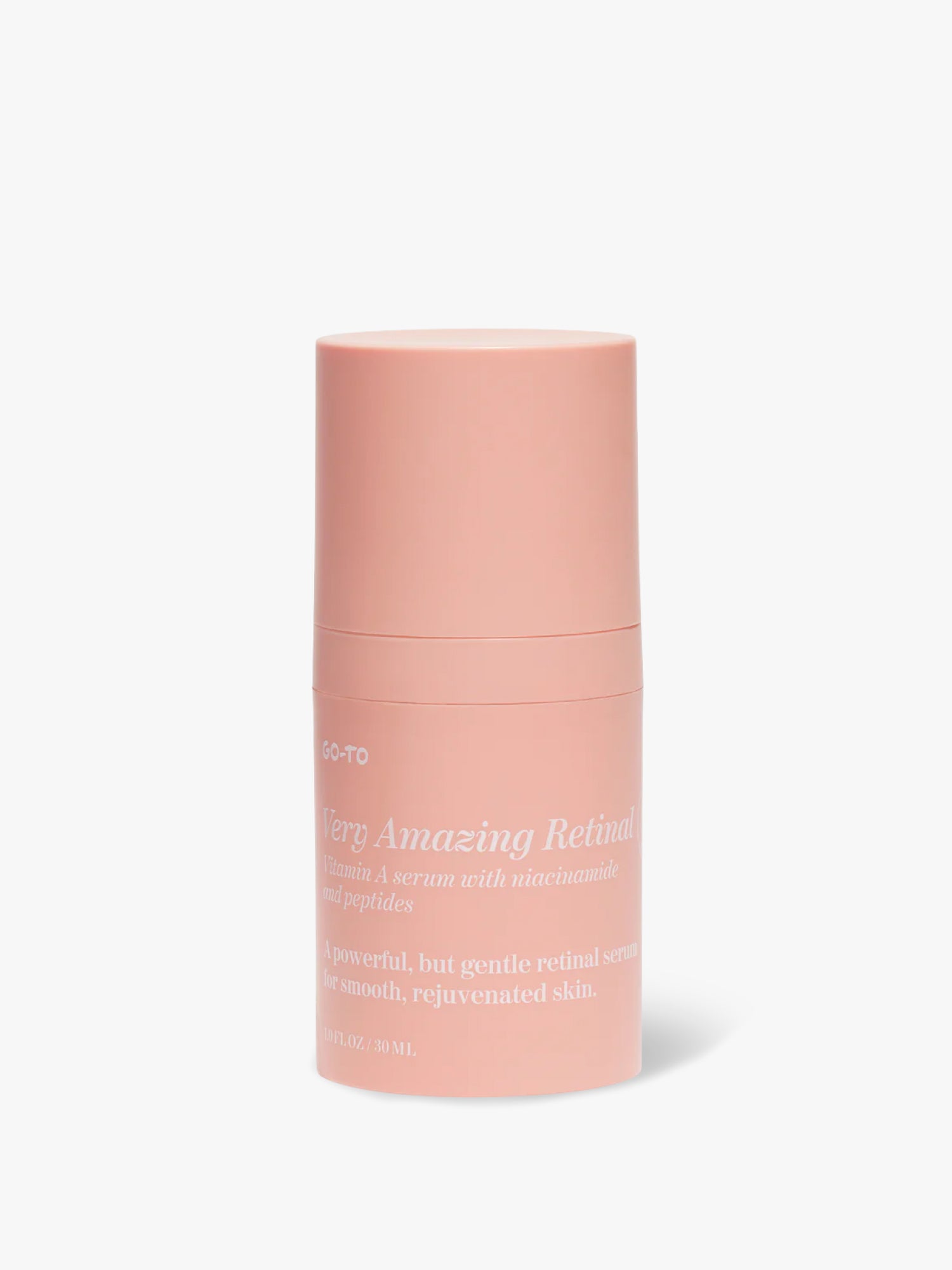
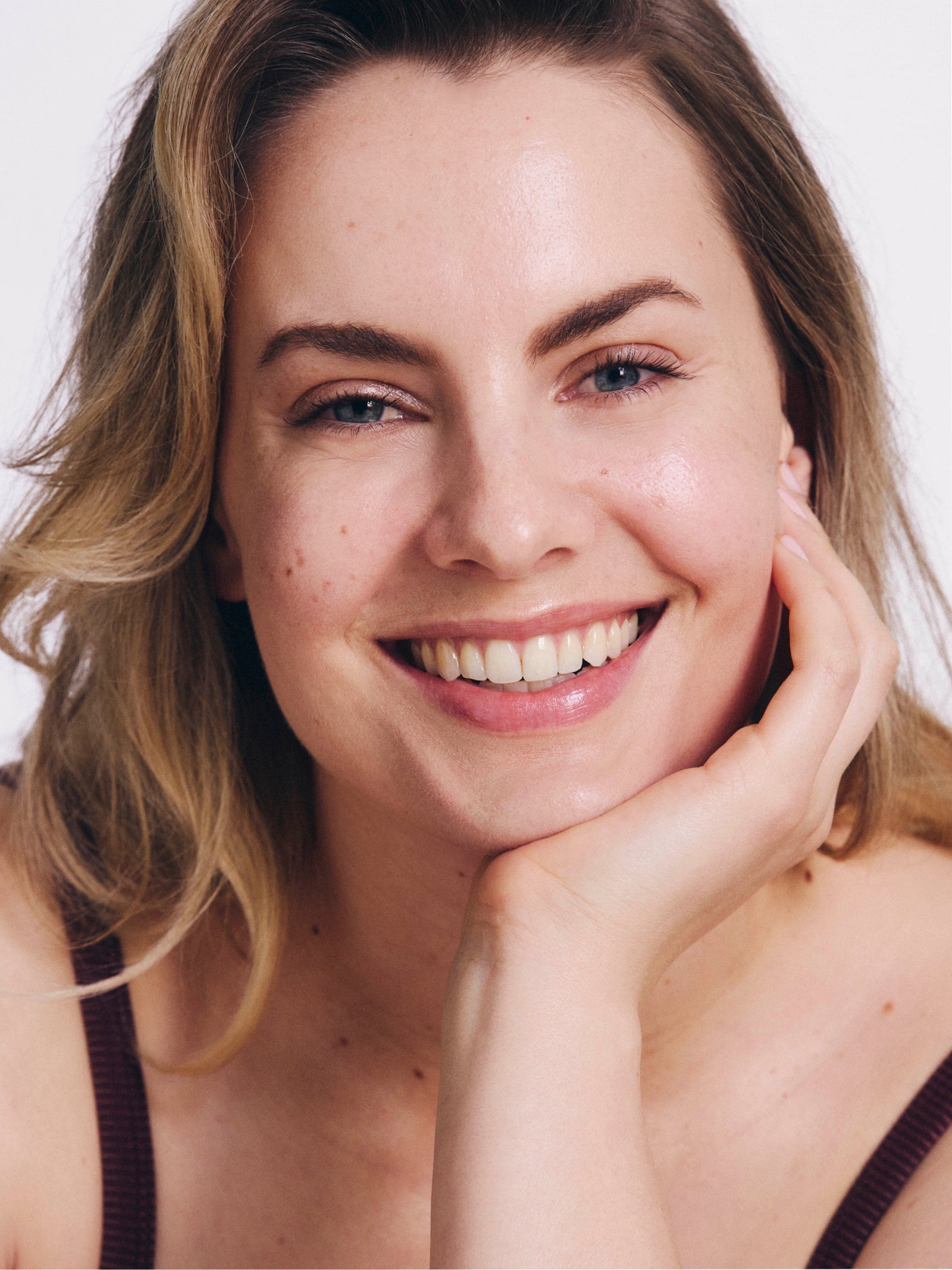
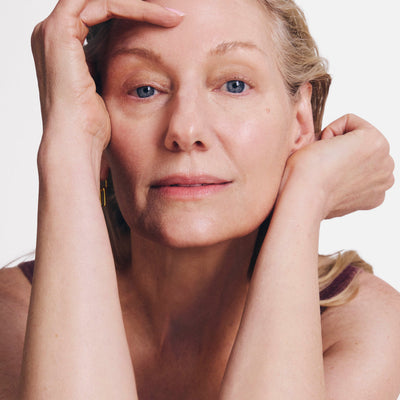
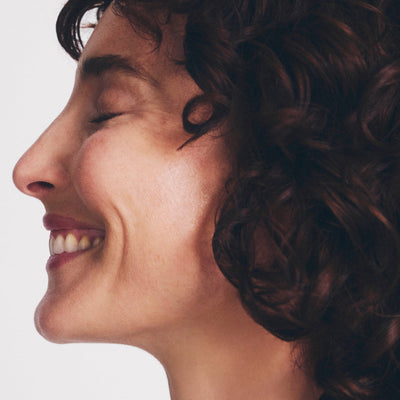


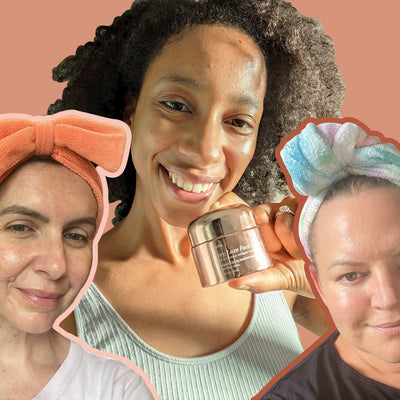
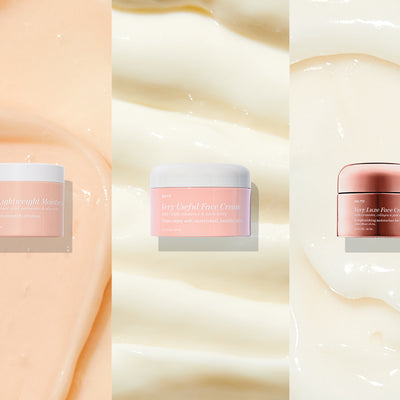
Comments